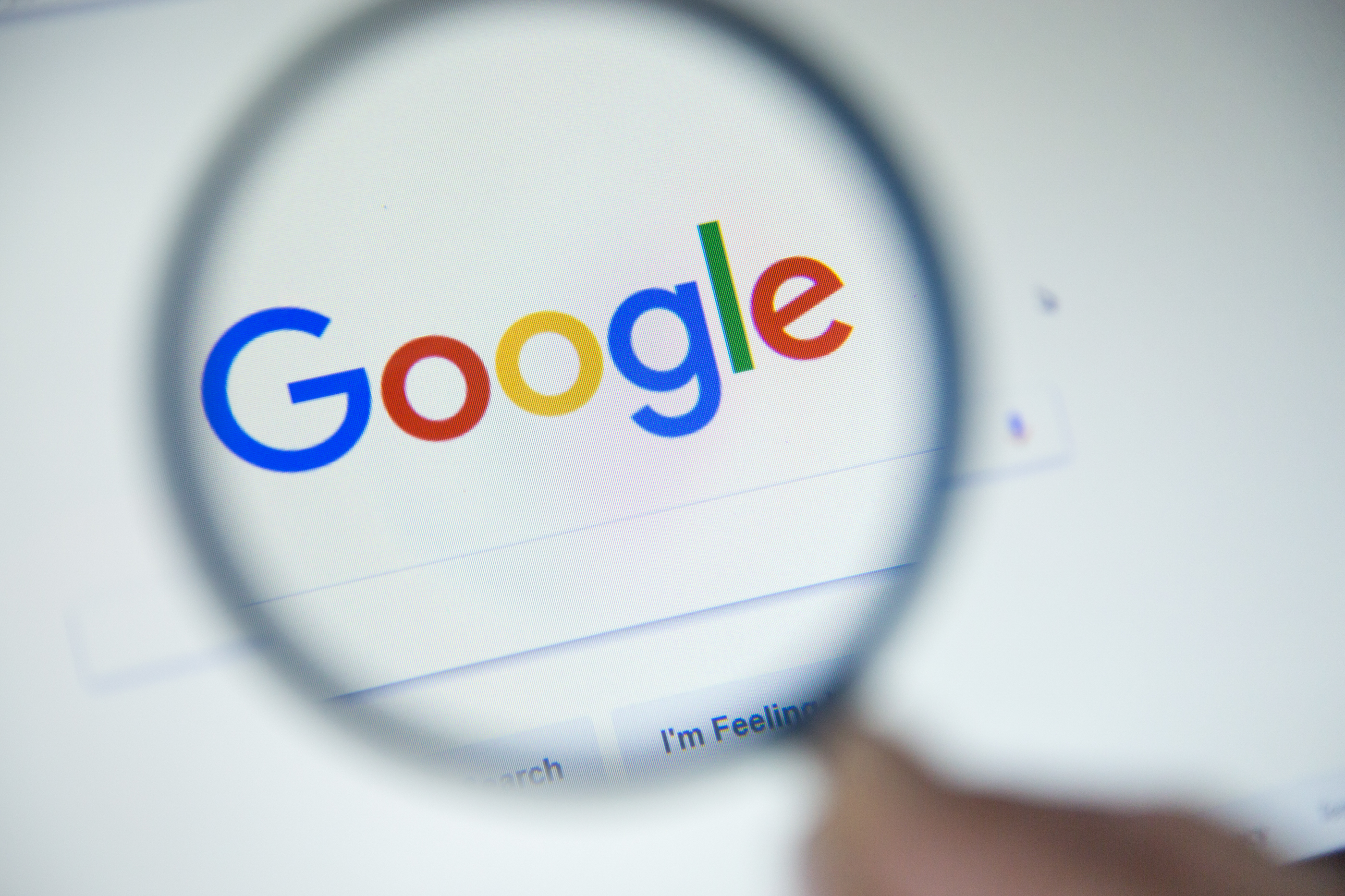Google just made two big privacy changes you need to know right now
Google users' location and web history will now delete after 18 months by default.

Google Maps and other Google-operated services will start automatically deleting your location history after 18 months, the company announced in a privacy-themed blog post on Wednesday.
While the 18-month expiry already existed as an option for stored personal data, Google said it will no longer store user information an indefinite period of time by default.
Instead, location history will be erased after 18 months unless told otherwise, while web and app activity will also auto-delete for new accounts.
- The best antivirus programs for protecting your machine
- How to use Google Assistant
- New: Google Pixel 4a price and release date leaked — it's coming soon
You can still assign your Google location history to delete every 3 months, or not delete at all, if you'd like. But 18 months will now be the deletion setting by default.
So even if you know how to activate or deactivate your Google location history, Google's new privacy move takes some of the responsibility off its users. It also supports the company's efforts to rebuild trust after facing a backlash last year when everyone realized Google services automatically save location data.
There are arguments for and against keeping your Google location history around. On the plus side, if Google knows your home address and the locations you visit most, it's able to set up navigation between those spots easily.
But others would prefer Google not remember every place they go, especially in case their account is hacked. Some folks also want to avoid targeted ads.
Get instant access to breaking news, the hottest reviews, great deals and helpful tips.
“We continue to challenge ourselves to do more with less, and today we’re changing our data retention practices to make auto-delete the default for our core activity settings,” Alphabet CEO Sundar Pichai wrote in the blog post.
Google will also be making incognito mode easier to launch for Google Maps, Google Search and Google Maps. Starting for iPhone users today, and coming to Android users later, a long press on a profile picture will enable incognito mode.
"Privacy is personal, which is why we’re always working to give you control on your terms — whether that’s helping you manage your settings with proactive tools in your Google Account, or making those settings easier to find in our products," wrote Pichai.

Kate Kozuch is the managing editor of social and video at Tom’s Guide. She writes about smartwatches, TVs, audio devices, and some cooking appliances, too. Kate appears on Fox News to talk tech trends and runs the Tom's Guide TikTok account, which you should be following if you don't already. When she’s not filming tech videos, you can find her taking up a new sport, mastering the NYT Crossword or channeling her inner celebrity chef.
 Club Benefits
Club Benefits





